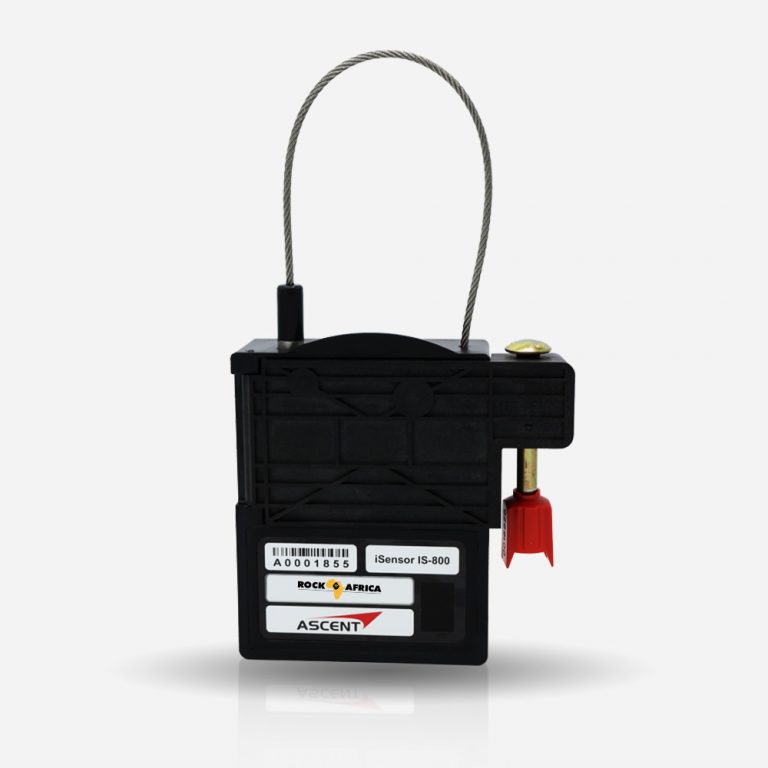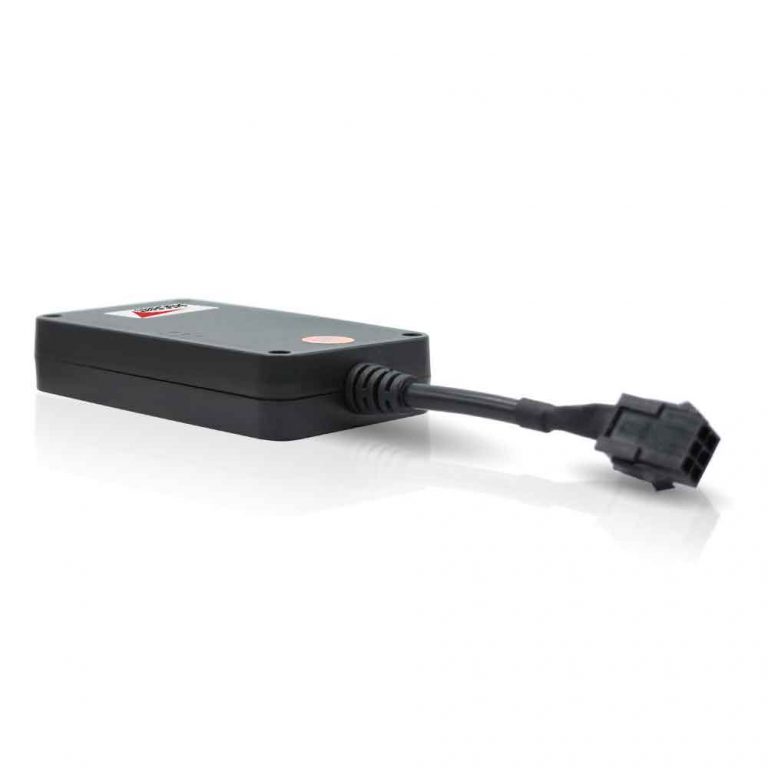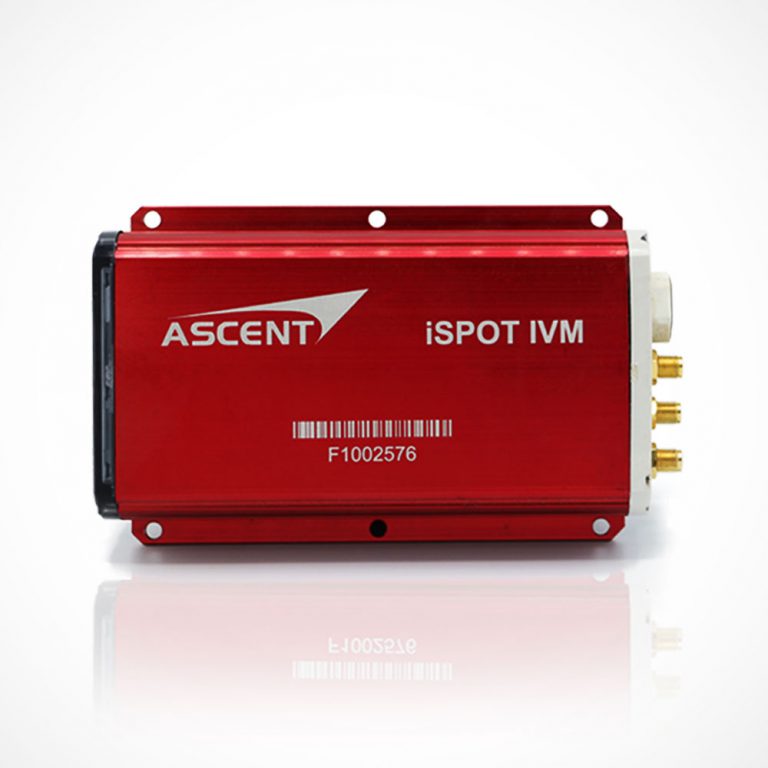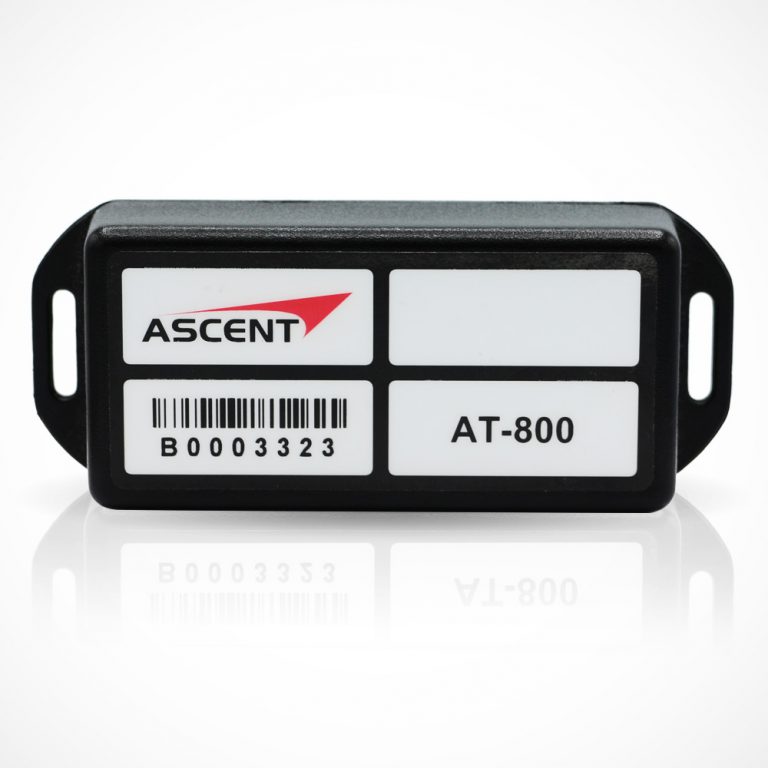Asset Tracking for Pallet Dollies
Background:
According to the Federal Aviation Administration, there are more than 44,000 flights and 2.7million passengers flying into and out of countries per day. Just imagine the amount of luggage and baggage being checked into and out of airplanes at each destination. In order to ensure that passengers’ baggage are transported smoothly and safely with minimal damage, airport baggage dollies are used.
Airport ground handling staff utilise pallet dollies and Unit load devices (ULD) to transport luggage and equipment to service flights . They are durable and designed to withstand daily rough handling in harsh airport conditions as baggage needs to be loaded and unloaded quickly for each flight.
Pallet dollies and ULDs are towed by tractors and are considered heavy non-motorised assets which are not powered by battery. Given that they are non-powered, it makes it challenging for airport staff to track these assets.
Challenge:
Given that tracking of full inventory is not possible, when assets such as luggage undergo transit and switched flights, the repositioning of assets cannot be detected and location of the assets is unknown even if it got lost during transit.
The inability to track assets effectively has led to the following consequences:
- Time lags: Take a long time to locate the assets given the tedious process of tracking each flight
- High Cost: Extra costs incurred to replace assets which are not found
- Customer Dissatisfaction: Passengers get frustrated and anxious when valuable belongings are missing
Solution:
Rock Africa’s solutions can help to address this issue by putting ATLAS tags. ATLAS tags use Bluetooth low energy (BLE) to track assets. When airport ground handling staff are in close proximity to the assets (within 30m), they can detect the assets on their smartphones. HQ also gains greater visibility of the assets and can request for electronic proof of delivery. Given that ground staff with the mobile app are moving readers themselves, it helps to do away with having to install a fixed infrastructure. Also, ATLAS tags are durable and lasts for 5 years which requires very low maintenance.




